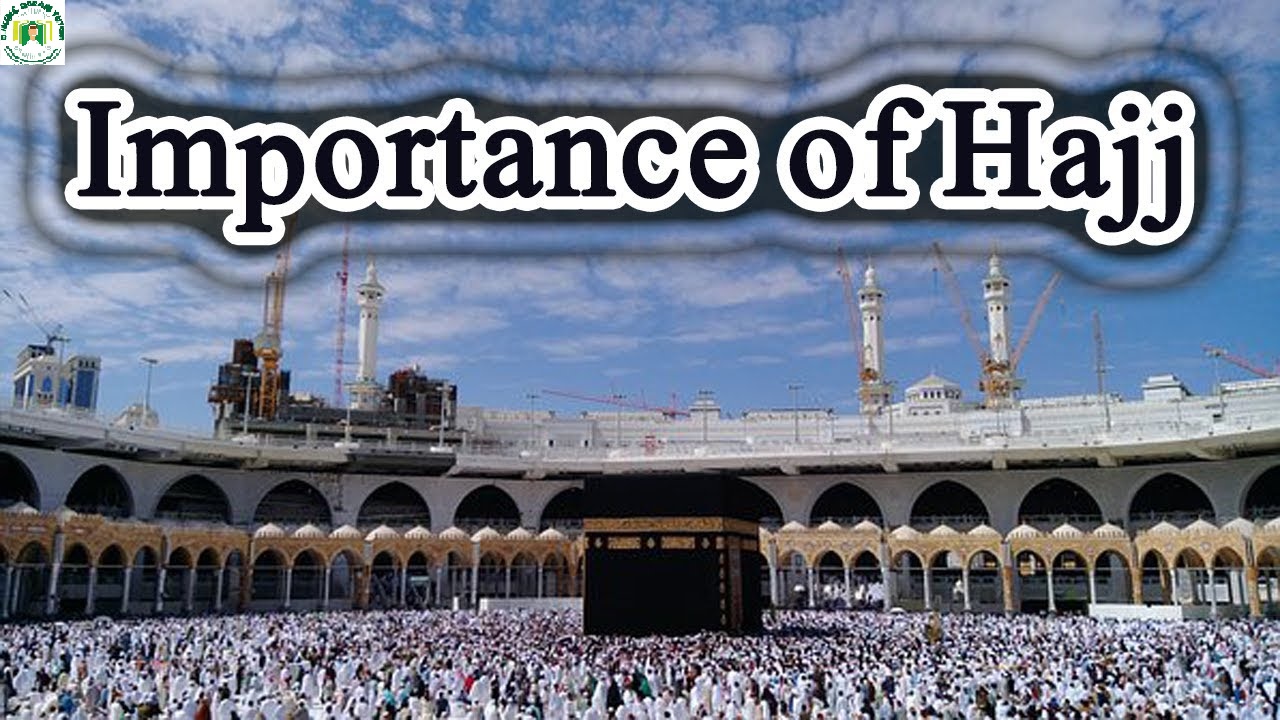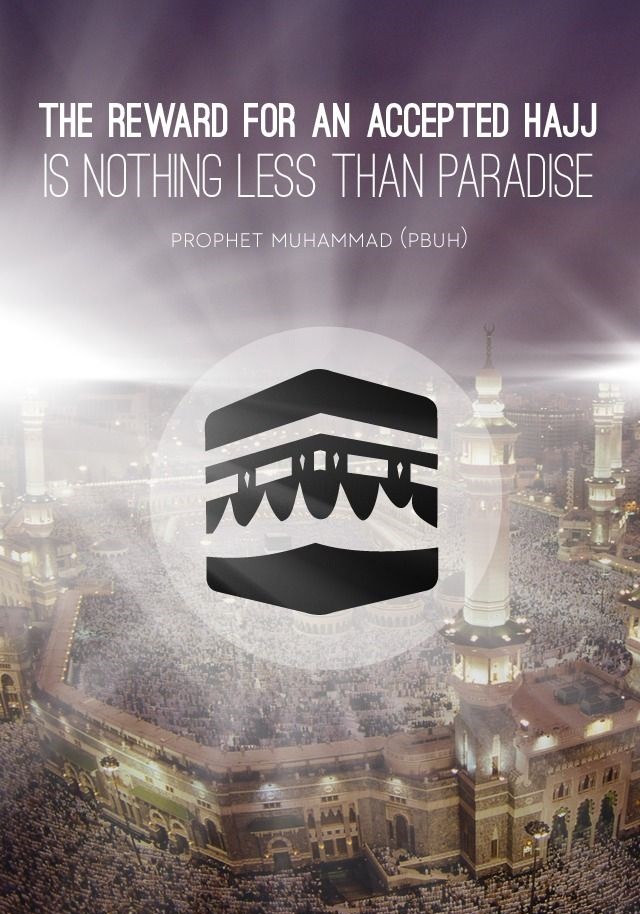What is the importance of Hajj in Islam?
The Hajj is one of the five pillars of Islam, and all able-bodied Muslims are required to perform it once in their lifetime. The Hajj is seen as a chance to wipe clean past sins and start fresh.
What does the Quran say about Hajj?
In calling Muslims to perform the hajj, the Quran says, “Proclaim to men the pilgrimage: they will come to thee on foot and on every lean camel, coming from every remote path.” The rites of the hajj are believed to retrace events from the lives of prominent prophets such as Ibrahim and Ismail.
What is the importance of Hadith and Sunnah?
The significance and purpose of the Sunnah and Hadith. The Sunnah refers to the sayings and practices of the Prophet Muhammad and is the second source of knowledge for Muslims. Muhammad is considered to be a perfect model.
What is the most important part of Hajj?
The mountain is especially important during the Hajj, with the 9th day of the Islamic month of Dhu al-Hijjah, also known as the Day of 'Arafah after the mountain itself, being the day when Hajj pilgrims leave Mina for Arafat; this day is considered to be the most important day of the Hajj.
In which Surah of Quran is Hajj commanded?
Al-Ḥajj (Arabic: الحج, "The Pilgrimage, The Hajj") is the 22nd chapter (sūrah) of the Quran with 78 verses (āyāt). This surah takes its name from the 27th verse.
What is the relationship between the Quran and the Hadith?
To put it in simple words, Quran is the theoretical foundation of Islam, while Hadees about hajj provides a model of a truly Islamic lifestyle since the prophet Mohammad is an unchallengeable authority in Islam and his deeds and words, which comprise the core of Hadith, are perceived by Muslims as the model to follow.
What the Quran says about Hadith?
Hadith and Quran
"Say: "Obey Allah and obey the Messenger, but if you turn away, he (Messenger Muhammad (SAW)) is only responsible for the duty placed on him (i.e. to convey Allah's Message) and you for that placed on you. If you obey him, you shall be on the right guidance.Hajj and 10 Hadith
- Hajj is the fifth pillar of Islam. We must perform the pilgrimage at least once in our lives if we can afford it, and we are financially capable.
- If we have the means to perform Hajj, we should try to do so sooner rather than later. That is because we have no guarantee of life.
- We should recite the Talbiyah during Hajj, which signifies our obedience and worship toward Allah.
- A Muslim who performs the Hajj complete correctly, avoiding sin, sexual relations, etc., will depart as a newborn baby, free of sin.
- There are many Hajj rites, including doing Tawaf, offering Salah behind Maqam-e-Ibrahim, going to Mina, Arafah, Muzdalifah, and stoning the Jamarat.
- Kissing the Black Stone is a good thing, but the Black Stone is just a stone, and it can’t harm anyone.
- Women can perform Hajj. The Hajj from a woman that Allah accepts is a Jihad that Muslim men wage.
- Pilgrims who visit the Kaabah, the House of Allah, are like Allah’s guests in the Holy Mosque.
- Performing Hajj on behalf of the dead is permissible and is known as Hajj-e-Badal.
- Hajj-e-Mabrur is a completed Hajj that is done properly, which Allah accepts. The doer goes on to attain Paradise.
Which is a more important Quran or Hadith?
Qur'an and Hadith are two vital sources of Islamic legislation. However, Qur'an is considered more important to the Hadith because of the following reasons: Qur'an is a word of the Creator; Allah (SWT) while Hadith is a saying of a man (such as the Prophet (s.a.w.a) or the Imams (AS)).
Conclusion













No comments:
Post a Comment
Please do not enter any spam link in the comment box